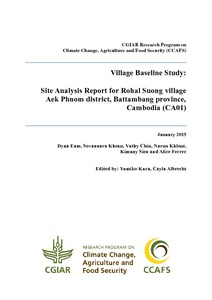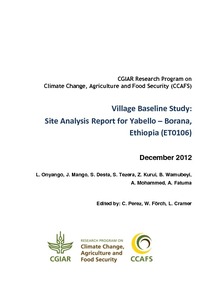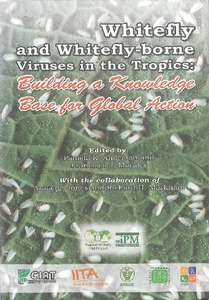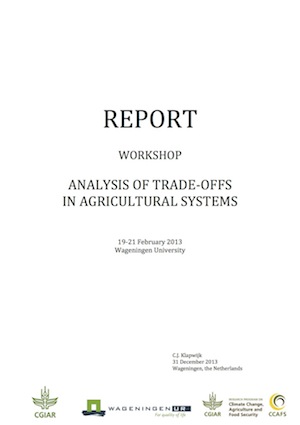Water for livelihood resilience, food security, and poverty reduction
Village Baseline Study: Site Analysis Report for Rohal Suong village Aek Phnom district, Battambang province, Cambodia (CA01)
This report presents findings from a village baseline study conducted in Rohal Suong village in Cambodia. Findings have been gathered from focus group discussions and participatory resource mapping with community members in Rohal Suong. The site analysis is part of the CGIAR Research Program on Climate Change, Agriculture, and Food Security (CCAFS) Baseline Survey work and provides information on community resources, the organizational landscape, and information networks at the village level.
Village Baseline Study: Site Analysis Report for Yabello – Borana, Ethiopia
The village baseline of Denbela Saden village in the CCAFS benchmark site of Yabello in Ethiopia took place from 10th to 12th August 2011. Focus group discussions were conducted separately for men and women.
Water management for sustainable agricultural intensification and smallholder resilience in Sub-Saharan Africa
Water management strategies and allocation policies that support agricultural intensification across agro-ecological zones and hydrologic basins are required for building resilient agrarian communities in sub-Saharan Africa.We provide an overview of the research and investments needed to enhance agriculture in the region, with a focus on technology and institutions, while describing opportunities for improving rainfed crop production.We discuss a range of water management practices in three river basins that were part of the Challenge Program onWater and Food research on Basin Development C
Watershed moments: a photographic anthology celebrating 30 years of research for a water-secure world (1985–2015 and beyond)
Wetting and drying: reducing greenhouse gas emissions and saving water from rice production
A sustainable food future will require reductions in greenhouse gas emissions from agriculture even as the world produces substantially more food. The production of rice, the staple crop for the majority of the world’s population, emits large quantities of methane, a potent greenhouse gas. According to various governments, global rice production emits 500 million tons of greenhouse gases (carbon dioxide equivalent) per year—or at least 10 percent of total agricultural emissions.
Whitefly and whitefly-borne viruses in the tropics: building a knowledge base for global action
Workshop report: Analysis of trade-offs in agricultural systems
The objectives of the workshop were to (i) share and exchange experiences and lessons on available methods and tools to identify and analyse trade-offs in agricultural systems (at different levels: from household to landscape, regional and global level), (ii) to discuss and explore how we can apply the lessons learned within and between the respective CRPs, (iii) to explore potential for synergies and collaboration between scientists and programs on trade-off analysis in agricultural systems, (iv) to discuss how results from trade-off analysis research can be translated to end-users to achi
Yield and water use efficiency of potato varieties under different soil-moisture stress conditions in the Fergana Valley of Central Asia
Conversion of Land Use in Vietnam through a Political Economy Lens
Land tenure in Vietnam is becoming increasingly contested in the context of rapid economic development and growing inequality. Agricultural land in and around cities is targeted by developers for conversion to commercial uses. In rural areas, farmers' access to productive land is restricted by the prevalence of state-owned farms and forest enterprises. As a result, the number of complaints filed over land issues has increased dramatically in the last decade, and the revision of the Land Law in 2013 led to an unprecedented level of public participation in land policy formation.







